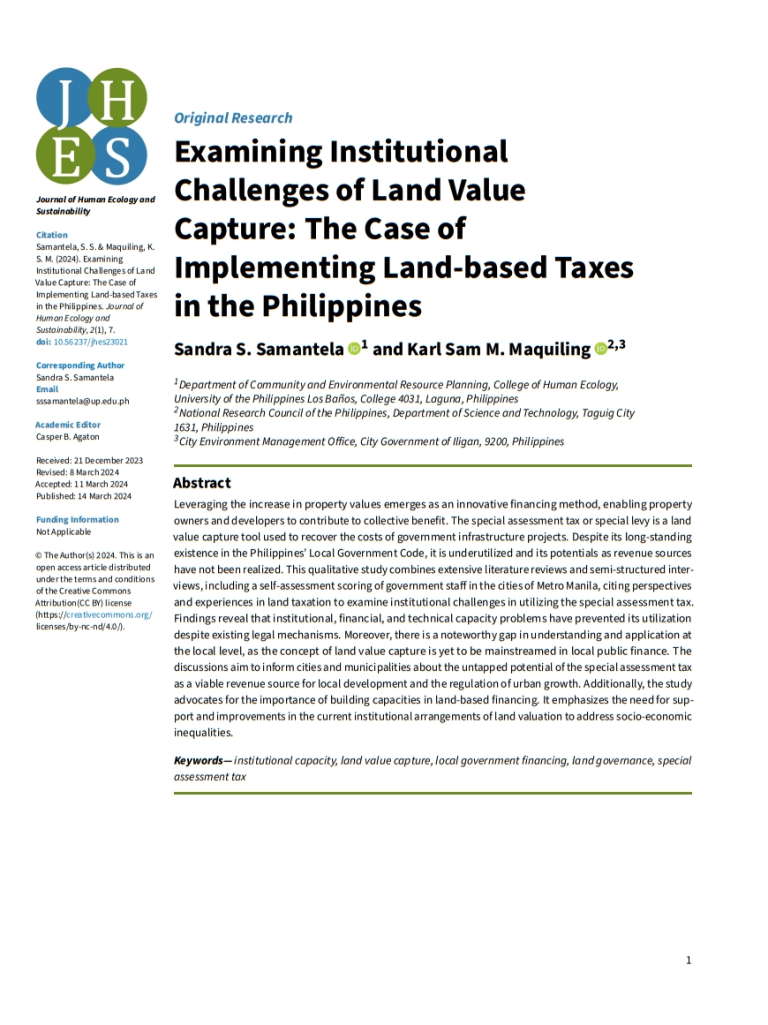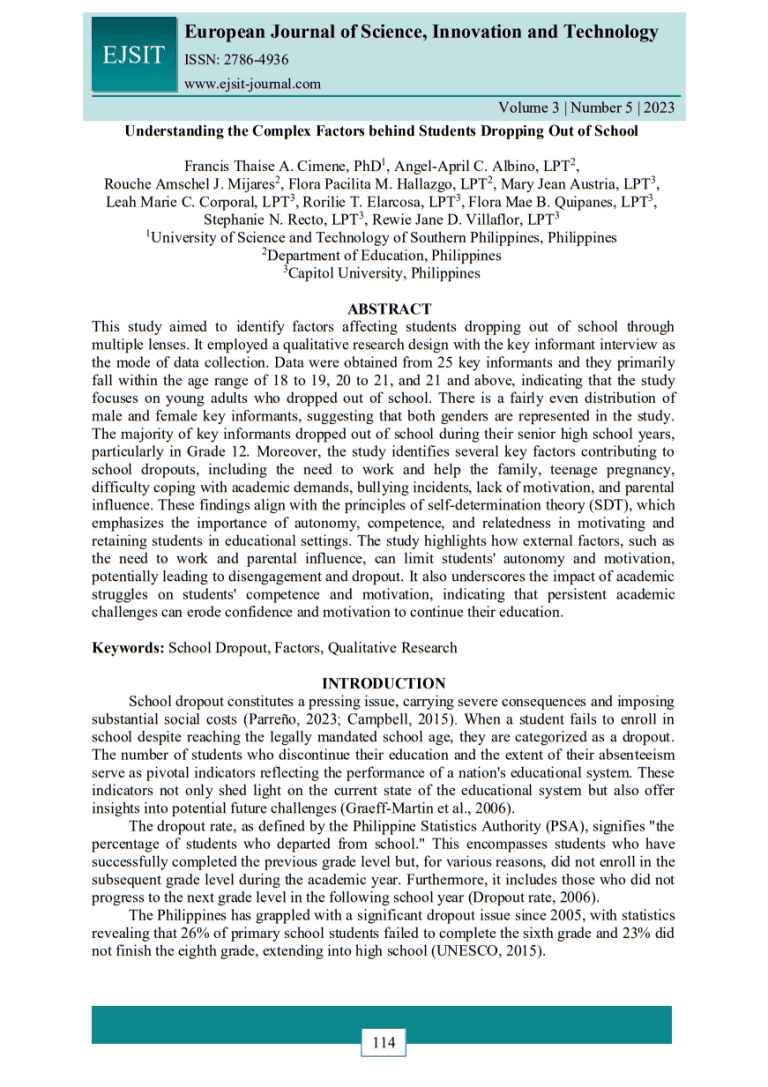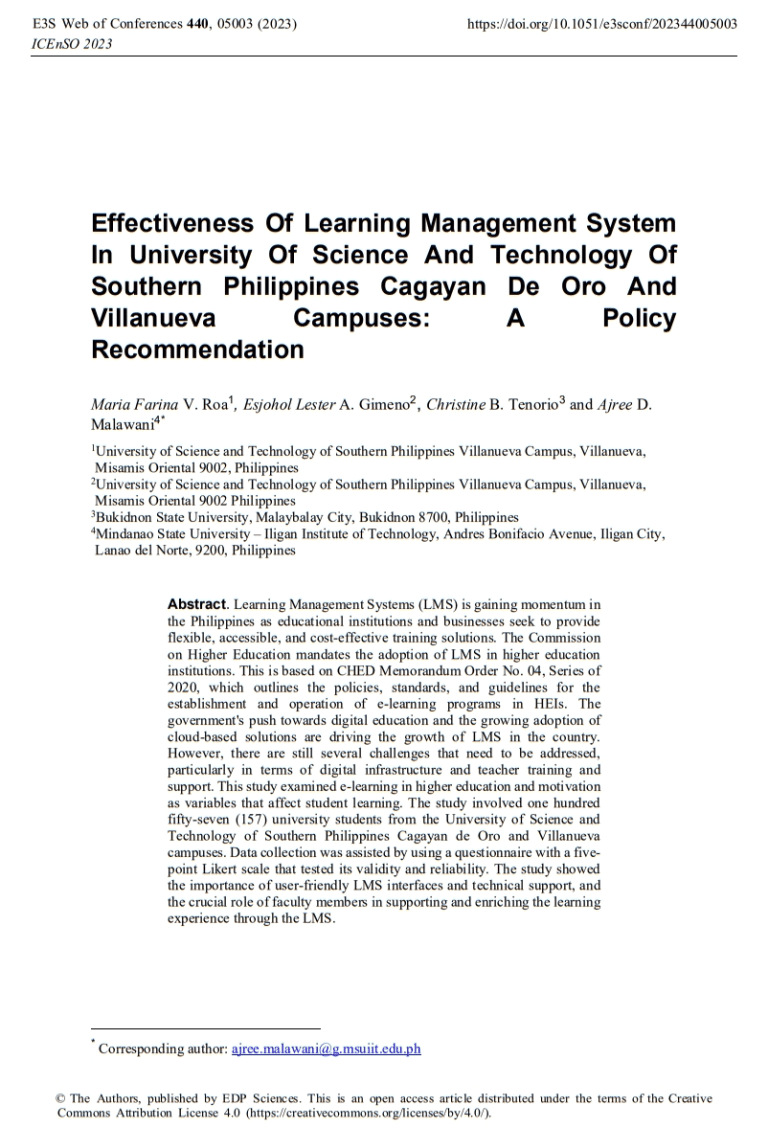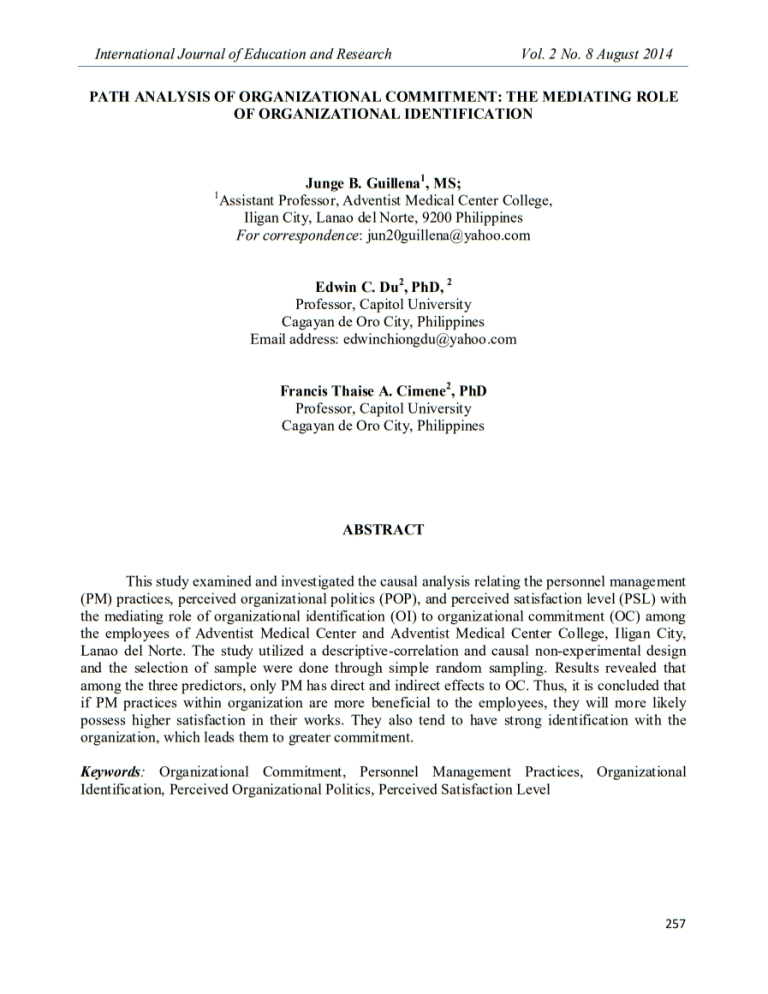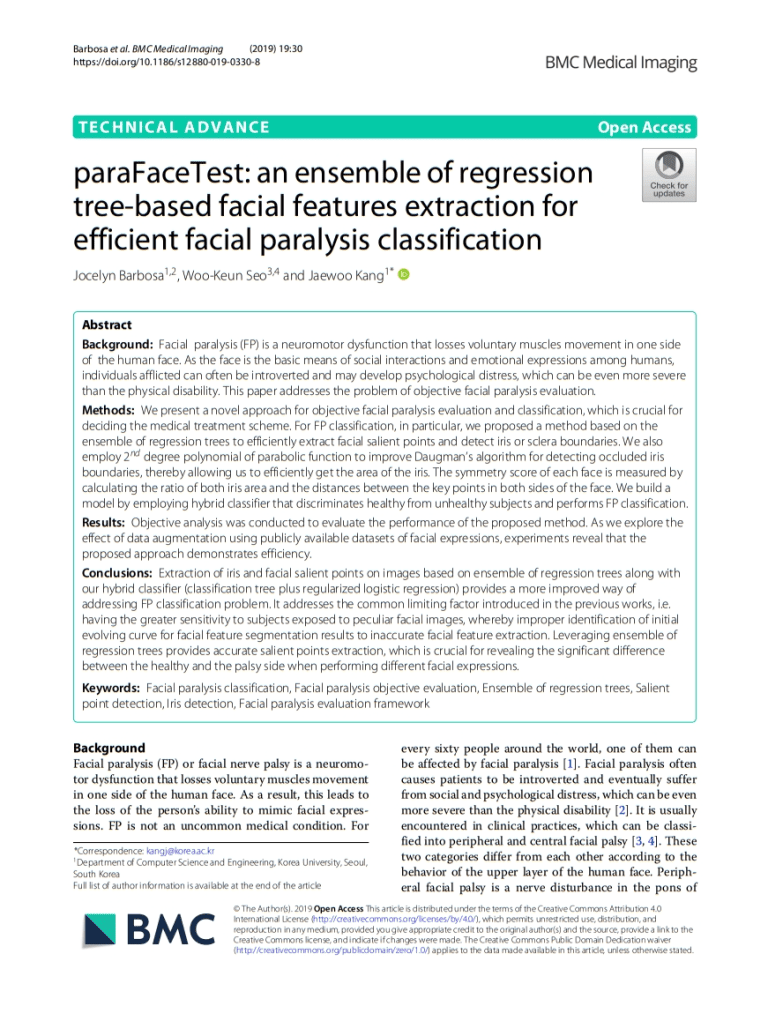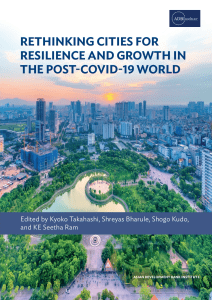

Published: May 02, 2023 | Updated: May 02, 2024
Rethinking Cities for Resilience and Growth in the Post-COVID-19 World
Authors: Karl Sam Maquiling Governance, Health, Public sector innovation, public sector managementAbstract
In the aftermath of the coronavirus disease (COVID-19) pandemic, cities have witnessed profound behavioral shifts and innovative governance strategies. The lessons have been strikingly clear: resilience hinges on striking a balance between growth and environmental sustainability. This equilibrium can be best attained through inclusive planning that addresses the vulnerabilities and social inequalities ingrained within urban societies.
Rethinking Cities for Resilience and Growth in the Post-COVID-19 World draws on experiences from the global pandemic to provide a roadmap for health, social, and economic responses to crises. It redefines the significance of cities, sounding a call to action and advocating for a harmonious relationship between urban expansion and ecological preservation. It also sheds light on the colossal challenge of the climate crisis, which is being driven by unsustainable urban development and human activities.
The volume offers insights into the complexities of building cities that can flourish even in the face of adversity. It aims to guide and empower individuals, policy makers, and organizations in shaping urban landscapes that are more adaptable, equitable, and prosperous.





